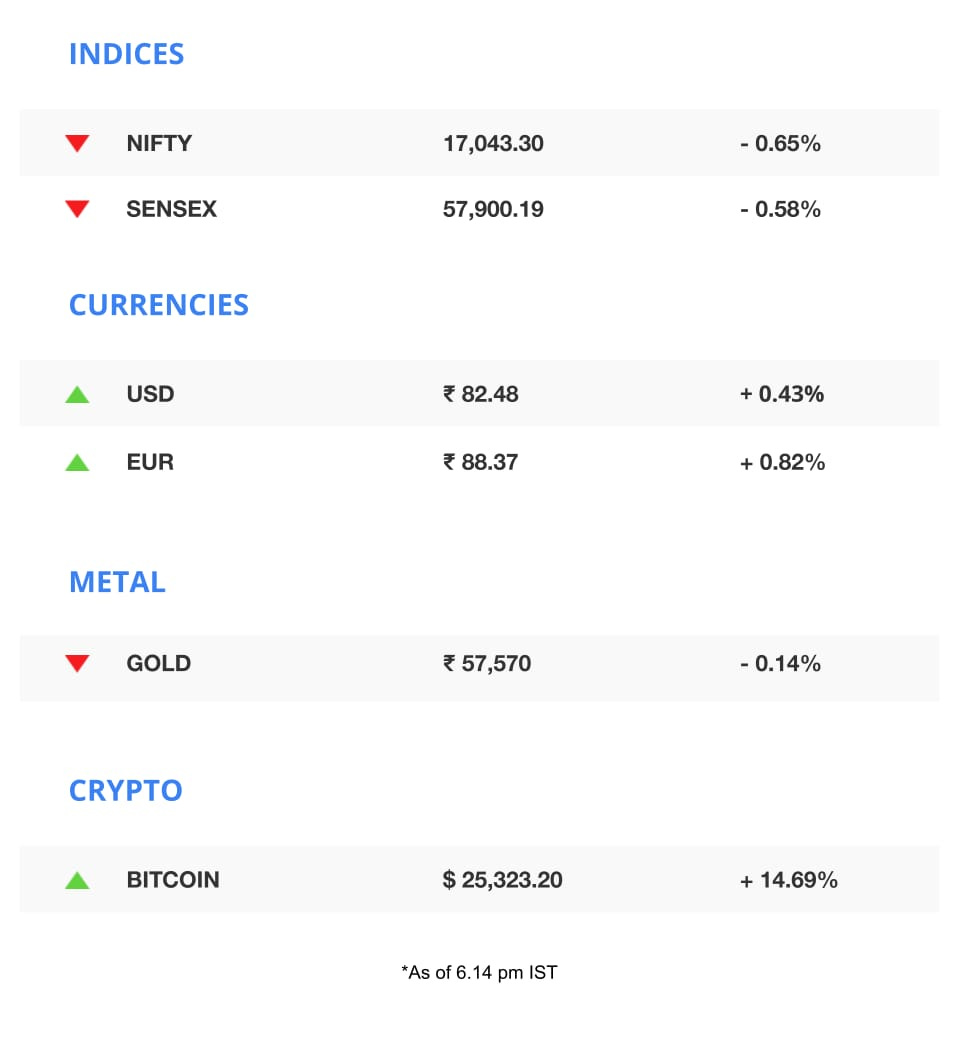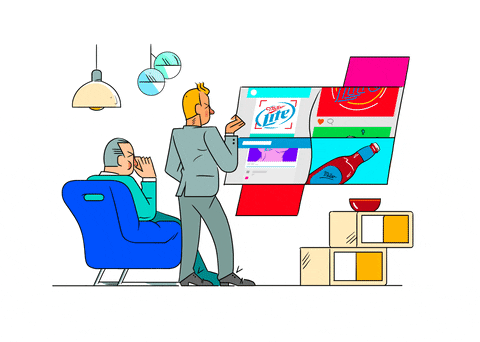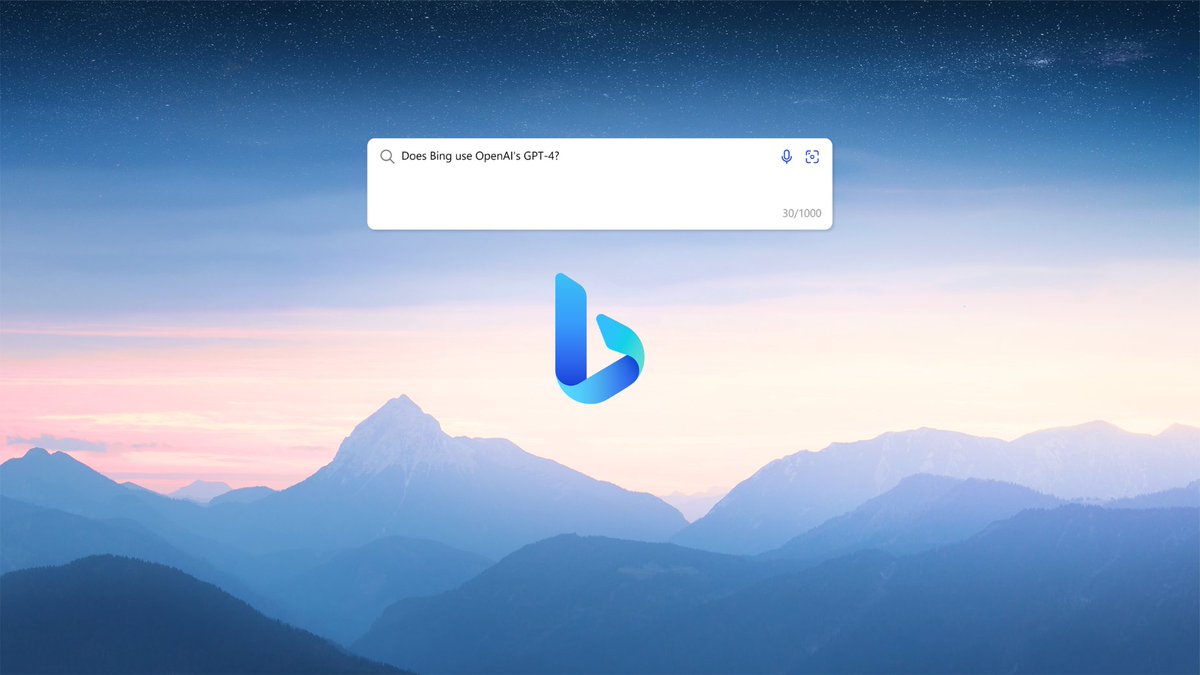Celeb fatigue is skin deep
Also in today’s edition: Minus moves for Indian ads; Is the Fed in a fix?; EY has a US problem; Microsoft doesn’t seem to care for AI ethics
Good morning! In today’s edition of ‘more nails in the NFT coffin’, Meta’s fintech and commerce lead Stephane Kasriel tweeted that the company is “winding down” digital collectibles—months after it’d announced plans for a Polygon-powered NFT marketplace on Instagram. Meta will instead invest in fintech tools that businesses and people will “need for the future” (translation: NFTs have no future). And to think that someone had splurged $69.3 million just two years ago for a Beeple NFT sold by Christie’s.
Today’s edition also features pieces by Soumya Gupta and Srijonee Bhattacharjee.
If you enjoy reading us, why not give us a follow at @thesignaldotco on Twitter and Instagram.
The Market Signal*

Stocks and economy: Indian equities will take a breather after four consecutive sessions in the red. Early trade in Asian peers and the SGX Nifty indicate a stronger opening after indices fell to multi-month lows.
Globally, share indices rose as investors assessed that the worst of the US banking system rout was behind them, and this would lead investors to find a bargain in buying Indian shares. US banks stocks rose on Tuesday and no new bank saw a sell-off after First Republic met its deposit withdrawals.
Moody’s cut its rating outlook on the US banking system to negative from stable while regulators probed into the SVB Bank’s failure.
An expected rise in US retail inflation put back on track the expectation of a 25-bp-hike in rates next week pushing yields higher. Bond yields in India may follow suit.
Risk sentiment was frayed as a Russian military aircraft crashed an American drone over the Black Sea.
ADVERTISING
Mind Your Ads

The Advertising Standards Council of India (ASCI) is bracing for an action-packed season, aka more ad violations. That’s because they’ll have tons to sift through, considering Disney Star and Viacom18 are waging war to close advertising deals for the men’s IPL. It doesn’t help that brands are expected to spend a lot more on marketing and advertising this year.
Beyond IPL: After cracking down on finfluencers, ASCI is now mulling stricter rules for education ads.
Adtech reset: Months after launching ads via Microsoft, Netflix is considering building an in-house adtech platform. Netflix’s ads foray already ran into some trouble: it lost subscribers last year, and advertisers were put off by its high ad prices.
Meanwhile, TikTok is rolling out search ads. If it works, this will be the third (serious) challenge to Google’s cash cow after Amazon Ads and ChatGPT.
THE SIGNAL DAILY

Apparently, it can! In other news, tech giant Microsoft let go of its ethics and society team within the AI division. Are big tech companies more focused on growth than responsible innovation? We find out in our deep dive.
Listen to The Signal Daily on Spotify, Apple Podcasts, Amazon Music, Google Podcasts, or wherever you get your podcasts.
BANKING
The Fed’s Coming Dilemma
The second (Silicon Valley Bank) and the third (Signature) largest bank failures in US history could probably force central banks around the world to hit pause on what they’ve been doing off late: hiking interest rates.
What’s up?: While investors were bracing for another hike this month, the collapse of these banks (and their impact on bonds and bank stocks) has increased the possibility that the Fed will leave interest rates unchanged. A raise may yet happen.
Against the grain: Analysts at Nomura are even betting on a rate cut, while those at Goldman Sachs are expecting a pause in March and a deferral, with hikes coming over the next two-three months.
Aside: Indian banks have “little exposure” to the SVB crisis owing to a large number of local deposits, even as they cash in on deposits from startups looking to move their funds from SVB.
BEAUTY & WELLNESS
Celeb Co-founders Are Making People’s Skin Crawl

AdoreBeautyNZ/Pixabay
They say the ultimate test of influence is the ability to sell ice to an Inuit*. Bloomberg, however, found that the wheels are falling off the bandwagon of celebrity-founded makeup, skincare, and haircare brands. We can’t help thinking Priyanka Chopra-Jonas’ haircare line Anomaly and Deepika Padukone’s “self-care” range 82°E—launched in India in 2021 and 2022, respectively—emerged at a bad time.
Details: Rihanna’s $2.8 billion-worth Fenty Beauty launched in 2017 as an inclusive beauty company. Celebrity-driven brands have since tried to replicate Fenty’s success… in vain. Even Kim Kardashian and Kylie Jenner aren’t raking in the $$$ like they used to.
Consumer fatigue isn’t limited to websites such as notanothercelebritybrand.com (now offline) and eyerolls when the likes of Brad Pitt launch skincare lines. Forma Brands, whose Morphe Cosmetics bet on social media influencers such as James Charles and Jeffree Star, filed for bankruptcy in January 2023.
*The original saying is “selling ice to an Eskimo”, but the word ‘Eskimo’ has long since been considered derogatory.
The Signal
The fatigue is even more pronounced in skincare, a vertical where prescription pharma brands, dermatologist recommendations, and scientifically-approved formulations are paramount. The skin is our largest organ, after all.
A cursory glance at the well-informed r/IndianSkincareAddicts community and YouTube reviews (by dermatologists) of not just the celeb-founded 82°E, but also The Derma Co (owned by Honasa, the parent company of Mamaearth), Dot & Key, and others reveal how far Indian skincare brands have to go in winning people over.
The writing is on the wall: when it comes to skin science, celebrities are better off having no skin in the game.
BIG FOUR
Yanks Versus The Rest Of The World
The US leadership of EY (Ernst & Young) is pushing back against certain agreed-upon terms for the looming division of the company.
Context: EY—one of the ‘Big Four’ global auditing and advisory firms alongside PricewaterhouseCoopers, KPMG, and Deloitte—is splitting its consultancy and auditing businesses. The separation involves 13,000 global partners in 75 countries.
EY US accounts for nearly two-fifths of the firm’s global revenues, which crossed $45 billion last year. Its chief Julie Boland, who’ll run the global auditing business after the split, recently voiced concerns and is expected to make a “full set of demands” from EY’s American arm. One of these involves the division of EY’s tax consultancy between the auditing and advisory businesses.
Meanwhile, partners in EY India, whose revenues are largely advisory-driven, are getting jittery about the infighting in EY’s global leadership and mounting uncertainty over the auditing-advisory split.
ARTIFICIAL INTELLIGENCE
Microsoft Moved Fast And Is Now Breaking Things

For a change, it's not Zuck. Microsoft has taken the guardrails off its renewed AI-led adventure despite doubling trebling down on tech’s latest obsession. The company, per Platformer, has eliminated its “entire ethics and society team within the artificial intelligence organisation.”
As it turns out: Last week, Microsoft reportedly fired the teamthat literally worked on integrating OpenAI’s technology across its products over a Teams Zoom call. However, Microsoft continues to wax eloquent about an “Office of Responsible AI”.
Dilemma: These firings come at a time when Microsoft, keen to march ahead of its rivals, has triggered a generative AI battlefield, with its search engine Bing gaining mindshare, market share and critique (over ethics!) in equal measure. Google, not without its share of controversies, is taking a more guarded approach to AI, much to the frustration of its ex-employees. Scratch that.

| |||
Good news, we've increased our turn limits to 15/150. Also confirming that the next-gen model Bing uses in Prometheus is indeed OpenAI's GPT-4 which they just announced today. Congrats to the @OpenAI team. | |||
| |||
 | |||
Mar 14, 2023 | |||
 | |||
168 Likes 38 Retweets 14 Replies |
FYI
Techlash: The Indian government might crack down on pre-installed apps in smartphones and mandate screening of major operating system updates, reported Reuters.
Ni Hao!: Nearly four months after abandoning its stringent Covid Zero policy, China is opening up to tourists again for the first time since the pandemic.
Riding high: A California court preserved the right for ride-hailing companies like Uber and Lyft to treat drivers as independent contractors, after a lower court deemed it unconstitutional in 2021.
Last ditch: TikTok could separate itself from parent ByteDance if its proposal to the US government to address national security concerns doesn't get approved. It also faces accusations of mishandling sexual harassment complaints.
Making it up: Ola Electric will allow its electric scooter customers to replace the front fork arm—a key part that connects the body to the wheel—free of cost following several complaints that it snapped while riding.
Shutters down: American toy retail company Toys R Us shut down its store in Hyderabad within 24 hours of starting operations owing to legal issues.
“Efficiency”: Meta will trim its workforce by 10,000 people and close around 5,000 open roles it hasn’t managed to fill, as per CEO Mark Zuckerberg. Apple is delaying bonuses for some divisions of its corporate workforce, while also limiting hiring.
THE DAILY DIGIT
$115.8 million
Or ₹953.70 crore. The amount lost to crypto-related crimes in India, according to the finance ministry. (Livemint)
FWIW

What 40-hour workweek?: Death from overworking is so common in South Korea, there's even a term for it: kwarosa. But the country wants its workers to be pro-hustlers regardless. Its plans involve increasing work hours to 69 hours a week, up from the current 52. According to the Organization for Economic Cooperation and Development, South Korea is the most overworked country in Asia, putting in 199 hours above the average. Gen-Zs and millennials have opposed the move, gunning for a healthier work-life balance. Thank god for them.
AI of the storm: The optics (pun intended) aren't looking good for Samsung. Turns out the smartphone maker’s moon pictures are AI-generated. According to a Reddit user, every time a user clicks a photo of the moon, Samsung's space zoom feature replaces it with hi-res images using AI. Samsung, which has been criticised for “doctoring” images in the past too, has tried to explain things with jargon. We say it should’ve learnt from peer Huawei’s moon mode controversy.
Dip: Viewership for the 2023 Oscars rose 12% from last year in the US, with 18.7 million viewers tuning in for the telecast. However, that’s still the third-lowest in Oscar history. The Academy did try to shore up interest by enlisting Rihanna and Lady Gaga to perform, signing up with Letterboxd, and upping its promotion game on TikTok, Instagram, and Twitter to get the younger demographic excited. Maybe, just maybe, you’re becoming dated for a world that cares less and less for black-tie events?





